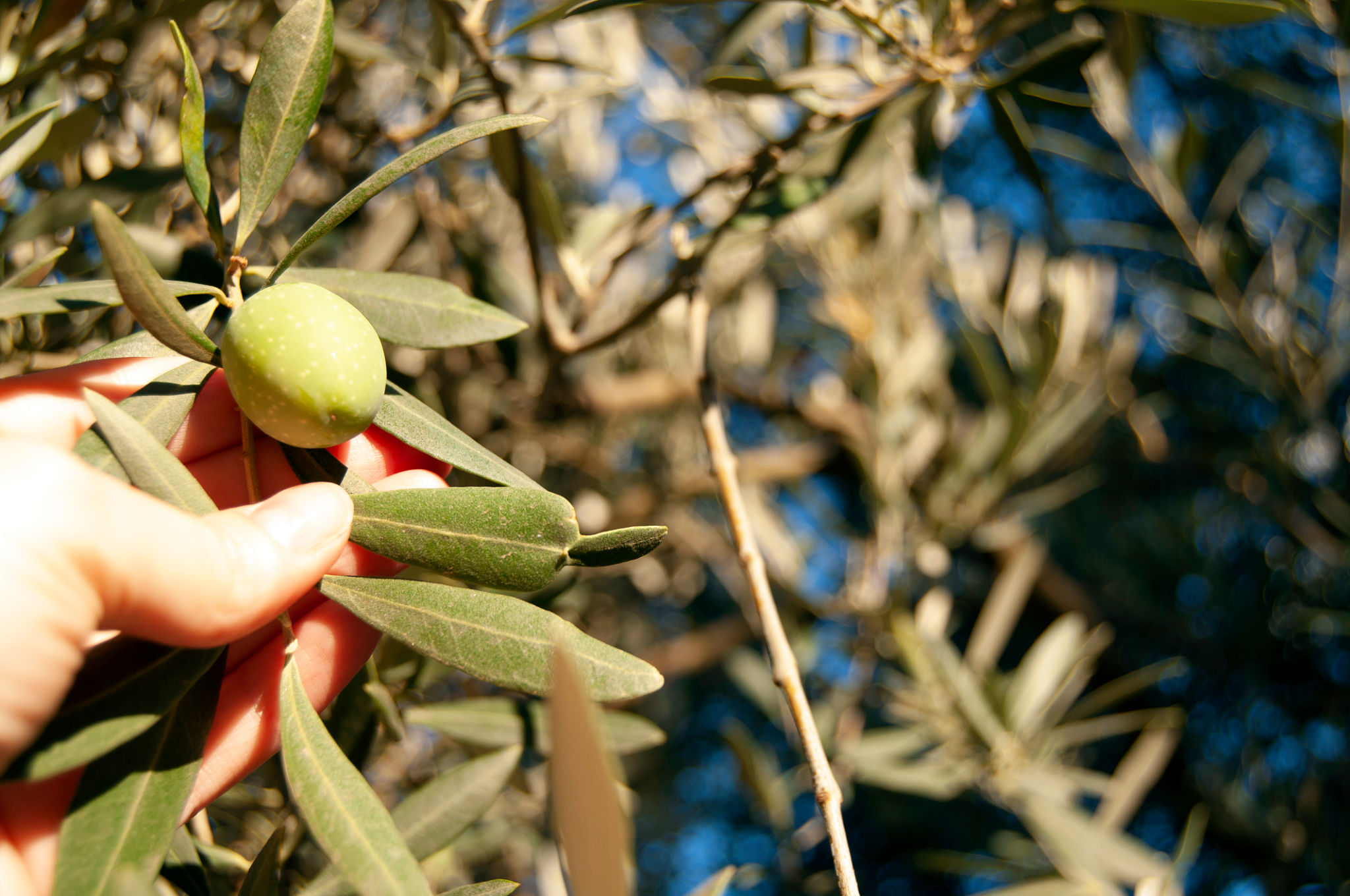From Grove to Table: The Journey of Premium Greek Olive Oil
NB
The Rich Heritage of Greek Olive Oil
For centuries, Greece has been renowned for its production of premium olive oil, a staple in both the Mediterranean diet and global cuisine. The journey from grove to table is a testament to the heritage and dedication of Greek olive oil producers.
Olive oil production in Greece dates back to ancient times, with archaeological evidence suggesting its presence as far back as 3,500 BC. This rich history is reflected in the quality and flavor of the oil produced today. Greece's unique climate and terrain provide the perfect environment for cultivating olive trees.

The Cultivation Process
The journey begins in the lush olive groves spread across the Greek landscape. Farmers carefully tend to their trees, ensuring they receive just the right amount of sun and water. The primary olive varieties used in Greek olive oil include Koroneiki, Kalamata, and Athinolia.
The cultivation process involves meticulous attention to detail. Farmers often adopt sustainable practices, such as crop rotation and organic fertilization, to maintain soil health and enhance the quality of the olives.
Harvesting the Olives
Harvesting typically occurs between October and January, depending on the region and olive variety. This stage is crucial as it significantly impacts the flavor and quality of the olive oil. Farmers choose the optimal time to harvest when the olives are perfectly ripe.

The olives are picked by hand or with the aid of modern equipment to ensure minimal damage. This careful handling preserves the integrity of the olives, which is essential for producing high-quality oil.
From Press to Bottle
Once harvested, the olives are swiftly transported to the mill to begin the pressing process. The time between picking and pressing is kept to a minimum to preserve the olives' freshness and flavor.
The olives are washed and crushed into a paste. This paste is then slowly mixed to allow the oil droplets to combine. The mixture is pressed to extract the oil, which is then filtered and stored in stainless steel tanks to maintain its quality.

The Final Product
The final product is a testament to the dedication and expertise of Greek olive oil producers. The oil is often categorized based on its acidity level, with extra virgin olive oil being the highest quality due to its low acidity and robust flavor profile.
Greek olive oil is celebrated for its unique taste, which often carries a hint of peppery spice or fruity undertones, making it a versatile addition to various dishes.
Global Recognition
Today, Greek olive oil is recognized worldwide for its superior quality and flavor. It holds a special place in both traditional Greek cuisine and modern culinary practices around the globe.

From salad dressings to marinades, Greek olive oil enhances the taste of countless dishes, embodying the rich culinary heritage of Greece.
In conclusion, the journey of premium Greek olive oil from grove to table is not just about production; it's about preserving a legacy. Each bottle carries the essence of Greek tradition, offering a taste of history and craftsmanship.